Laptop & Desktop PC Buying Guide
In this guide we cover the most important things to consider before buying a new computer, whether that’s a PC or Laptop. Along with all the information you need to make sure your new computer does exactly what you want it to do. So, whether it’s a new family laptop, one for school or your home office, or just something for everyday browsing, we’ll help find the best fit for you.
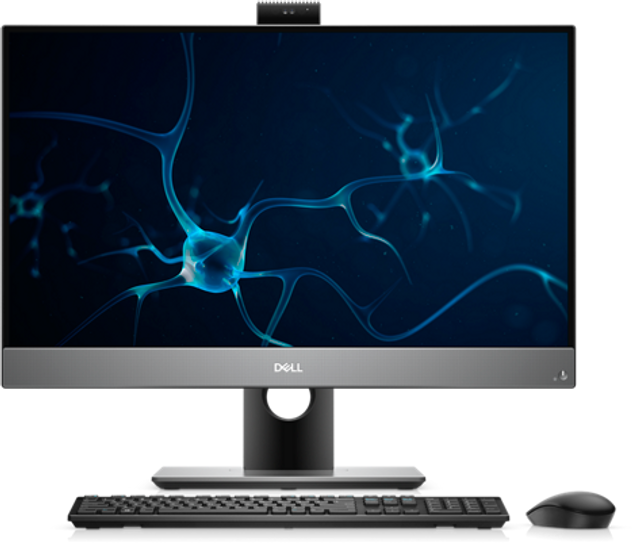
About Desktops (PC’s)
Traditional desktop computers, also known as the “PC” are ideal for those who are looking to use a computer at a desk, such as in a spare room or a home office. Unlike laptops which are portable, desktops are made to be stationed in one place, some desktops can offer more performance for multitasking or gaming and can often be used with multiple monitors connected to them. The latest generations of PC are now also available as an “all-in-one” desktop for compatibility and easy use with added features such as built-in speakers, microphone, camera and touch-screen.
About Laptops
Laptops are ideal for those looking for a computer with portability and are free to be moved around without being tied to a specific area. Laptops are practical, lightweight and with a wide range of technology, laptops can now perform like desktop computers and take place of older this older technology. They’re great for when you’re on the move, and if there’s a WIFI connection in range, you can connect to the rest of the world.
In this guide we cover the most important things to consider before buying a new laptop, along with all the information you need to make sure your new laptop does exactly what you want it to do. So, whether it’s a new family laptop, one for school or your home office, just for everyday browsing, we’ll help find the best fit for you.
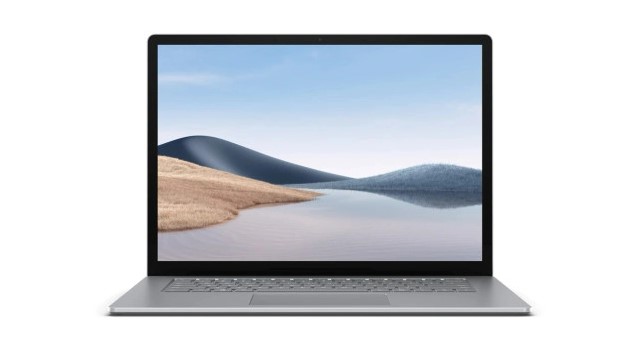
Finding the right PC or Laptop for you...
All Rounder
- High powered devices for getting stuff done
- Large documents and presentations, complex spreadsheets, and basic editing
- Easily work on multiple applications at once
- For those that work at their computer all day
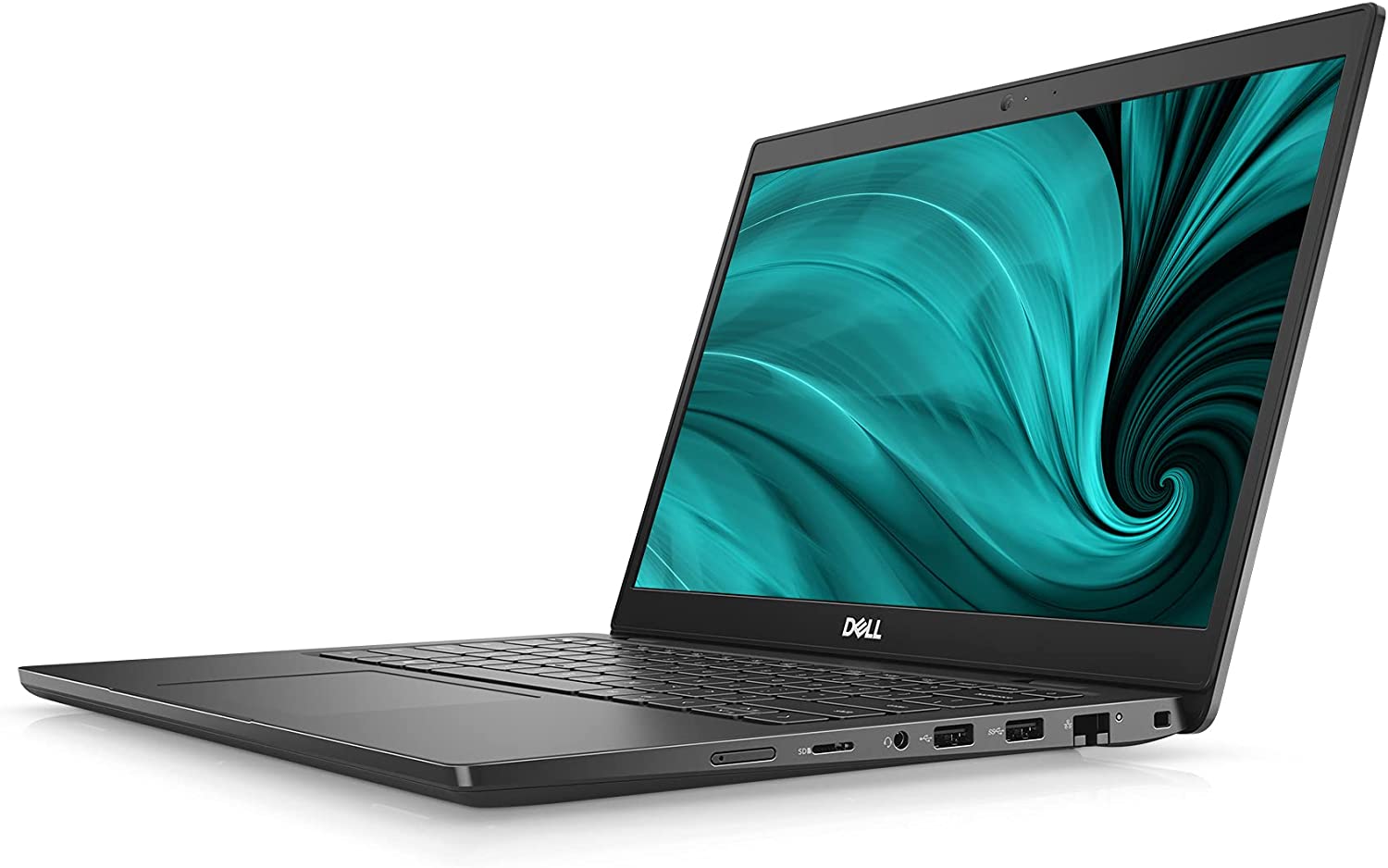

Everyday
- A computer that is suitable for “day to day” computing tasks Web browsing, creating documents, kids’ homework, household accounts
- Able to run 1 or 2 apps at once but will struggle with much more
- For those that use their computer every day.
Light use
- A basic, entry level device for simple computing tasks
- Core web browsing, email, watching videos, working on a document
- A small number of tasks at a time
- For those that occasionally use a computer
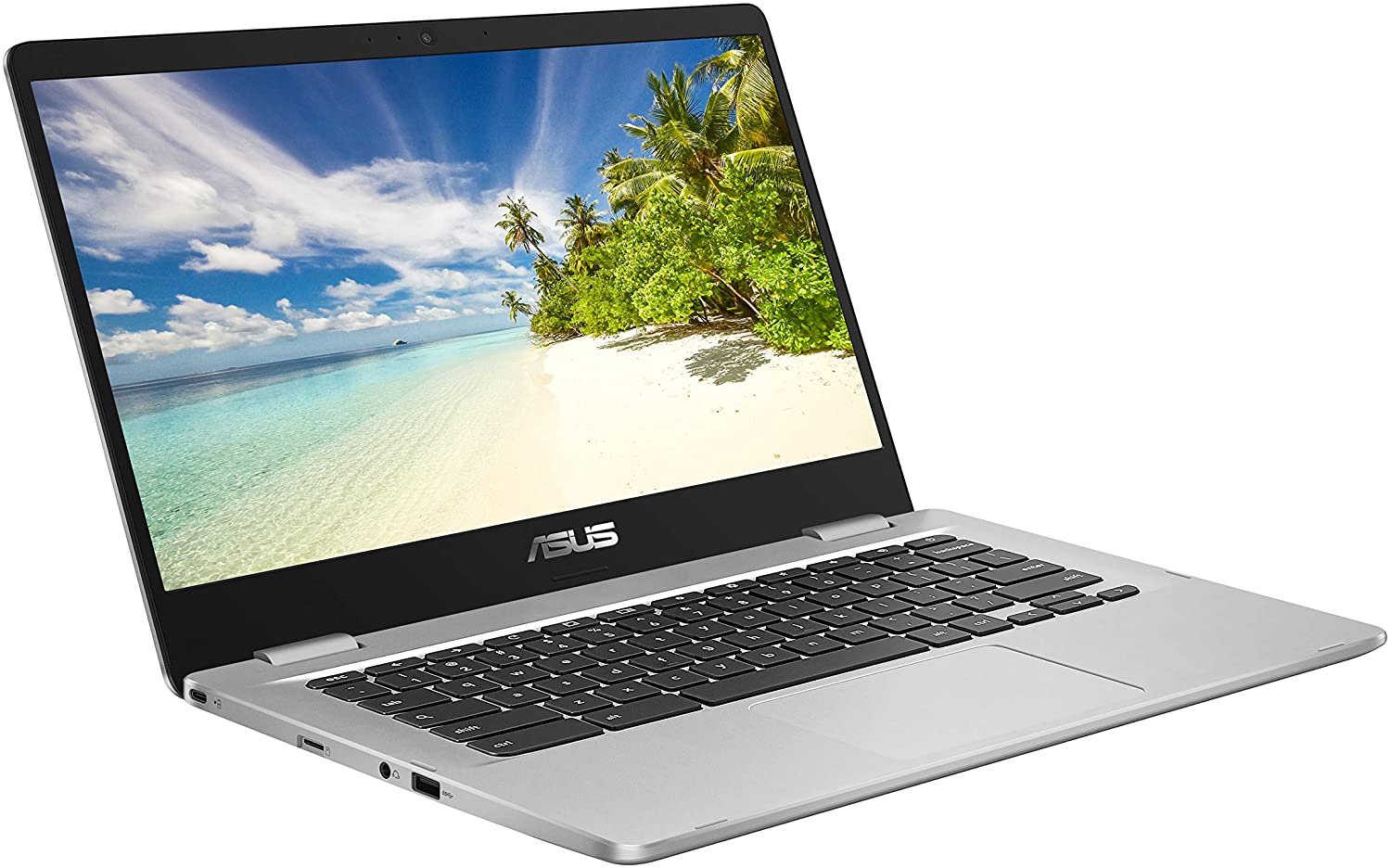
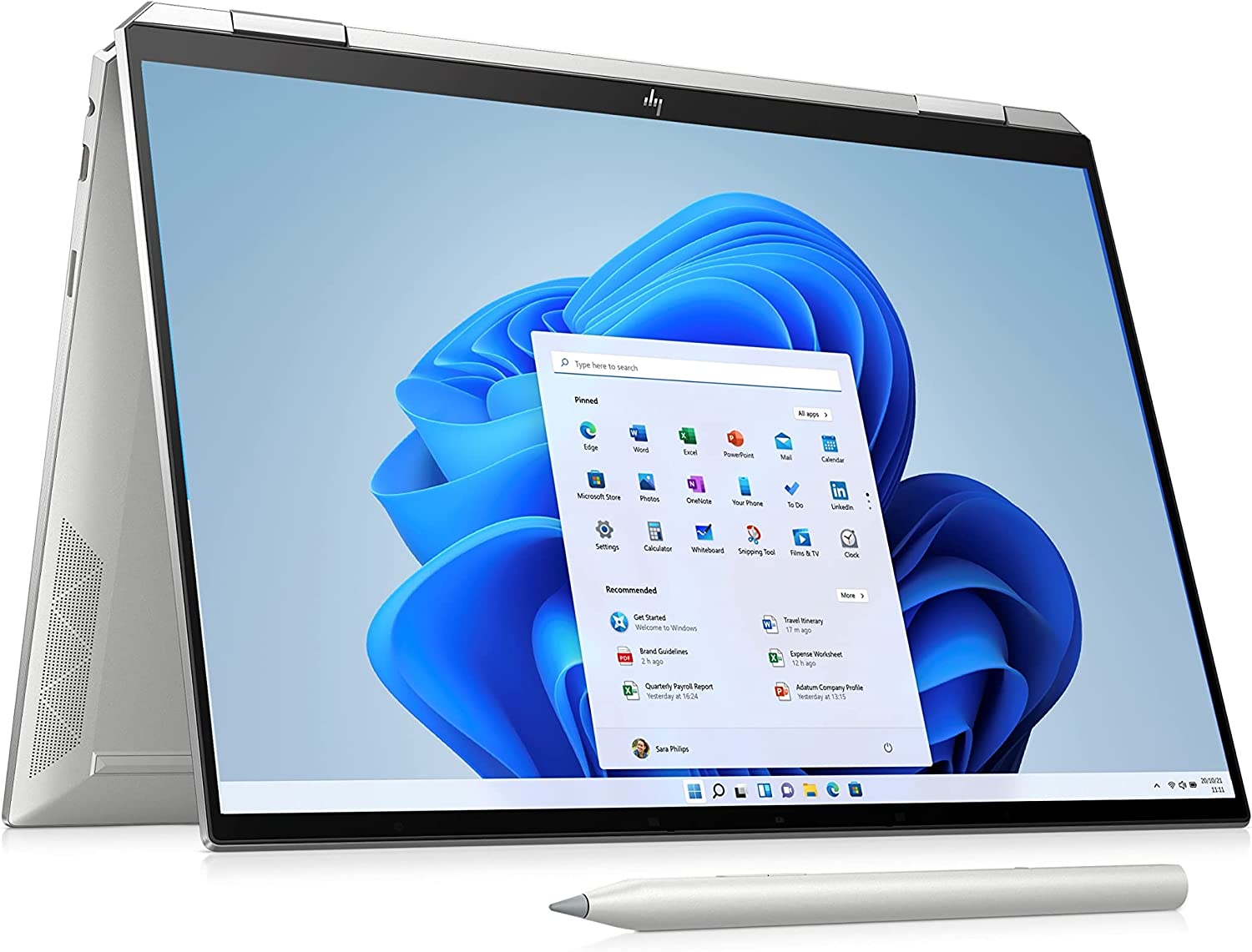
High Performance
- The highest performing devices, with advanced graphics solutions
- Creative tasks like photo and video editing, 3D design and more
- Lots of heavy apps open at that same time
- For those that demand the highest performance possible
Computer Jargon...
Operating System
The operating system determines the way the interface looks on your new PC or Laptop, how it works, and the types of software you can use. There are three main operating systems, each with their own benefits.
macOS
MacOS is an operating system exclusive to Apple computers. It features a clear desktop layout that’s focused on ease-of-use and stability. If you’re new to computing or prefer simple navigation, macOS is a good choice.
Windows
Windows is the most popular of the three main operating systems, so if you’ve used a PC before, chances are it ran on Windows.
Chrome OS
Chrome OS is a web-focused operating system and is mostly only available on Chromebook laptops. It’s specifically designed to get you to your online content as quickly and as easily as possible. Anything unnecessary has been removed, making it ideal for people that want a simple way to get online. Most PC software is not compatible with this operating system.
Processor
The processor is the brain of your computer. Whenever you move the mouse, open a program, or load a file the processor makes it happen. The more powerful the processor is on your laptop, the faster it will complete the tasks.
Memory (RAM)
Random-access memory (RAM) is an important spec to consider if you’re looking for a high-performance computer. It’s worth noting that RAM has nothing to do with the volume of documents you can store on your computer - that’s the role of the storage device. The higher the RAM, the more tasks your device will be able to process at any single time.
Storage (Hard Disk Drive)
Storage refers to the amount of space your computer has for software, documents, and everything else you save. There are four main types of storage available: HDD, SSD, SSHD and eMMC drives, each have their own benefits. Having a larger storage device will allow you to save more of your files and programs to your computer without requiring additional external storage media.
Graphics
A graphics card is the part of the computer that’s responsible for everything you see on screen. Graphics cards accelerate video-based tasks such as photo and video editing, high-resolution video playback, and the rendering of 3D worlds in games.
Screen Size
Screen size is a great way to quickly narrow down the huge amount of choice you have when looking for a new computer. Until recently the most common laptop size was 15.6” - now smaller laptops are increasing in popularity as advances in technology mean you don’t need to sacrifice performance for a more portable device.
What else should I consider?
Depending on what you’re looking to do with your new computer, there are many additional
features and optional add-ons that will help you to achieve the desired results. Here are a few of our
top tips on what to look out for.
Connectivity
Connectivity refers to the way your device connects to the things around it, including the internet, external storage, screens, and other devices. There are several key features to look out for.
- The number of USB ports & ports for other devices
- Wi-Fi / Ethernet connectivity
- HDMI & Media inputs / outputs
- Bluetooth
Removable Media
You’ll probably want to load content to your new computer; some newer devices and Chromebooks don’t have CD-ROM drives these days so it’s important to make sure that your new computer has all the relevant media support you’re looking for. Here’s what to look out for...
- CD / DVD or Blu-Ray drives
- Memory card slots
Sound, Video & Camera
We live in an ever more interconnected world where we can chat with friends and family all over the globe at the touch of a button. When looking for your new computer, you may consider the following additional features to keep you connected...
Battery Life
If you regularly use your laptop on the go or you’re a heavy user of your computer, a longer battery life is useful. A laptop with 10 hours or more of battery life gives you the freedom to work all day without charging - ideal for taking notes in meetings, checking emails on the commute, or watching a film during down time.
Security & Anti-virus Software
Whether it’s for logging in to your laptop, phone, emails, Facebook or Twitter, they’re a necessity of modern digital life that keeps us all safe. But wouldn’t it be nice if you didn’t have to put in a password or PIN every time you opened your computer?
Many of the latest devices include facial or fingerprint technology to keep your computer extra-secure while remaining convenient and easy to access, just like your smartphone.
Making sure your device, data and identity are protected from online attacks and fraudsters is incredibly important. Most operating systems do include internet security software as standard, for additional security and peace of mind there are other software packages available for purchase which provide additional security and features to help protect your new computer.

